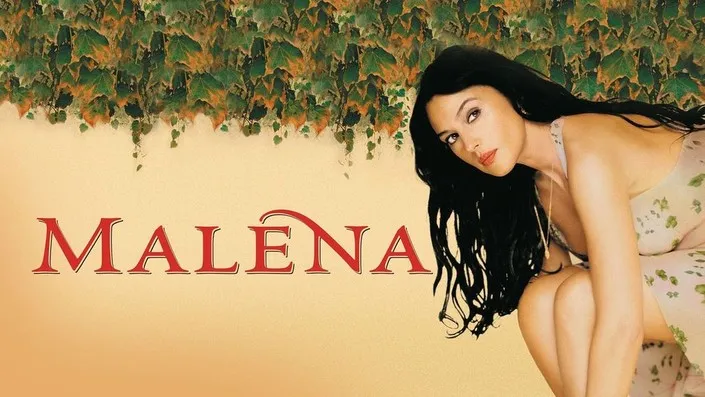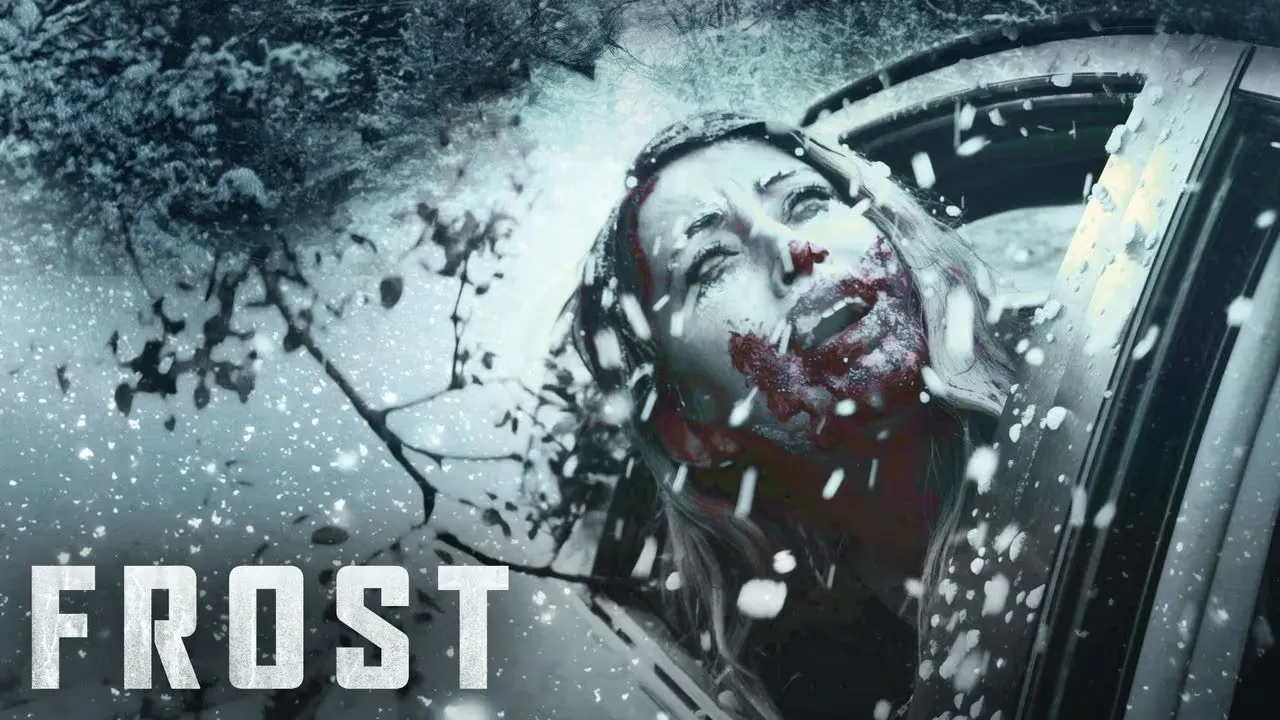Isolation, Trauma, and the Descent into Terror
Premiering at the Sundance Film Festival in 2019, The Lodge is a psychological horror film directed by Veronika Franz and Severin Fiala, the Austrian filmmaking duo behind Goodnight Mommy. Much like their earlier work, this film thrives on atmosphere, psychological unease, and the disintegration of family dynamics under extreme circumstances. With its haunting visuals and emotionally charged narrative, The Lodge quickly gained attention as one of the most unsettling horror films of its year.
The story follows Grace, played by Riley Keough, a young woman trying to integrate herself into her fiancé Richard’s family. Still haunted by her traumatic past as the sole survivor of a religious cult’s mass suicide, Grace is fragile but determined to build a new life. Richard’s children, Aidan and Mia, however, harbor deep resentment toward her, blaming Grace for their mother’s death and refusing to accept her as part of their family. When Richard takes the children and Grace to a remote winter lodge for the holidays, he leaves abruptly for work, hoping the enforced time together will bring them closer. Instead, isolation and buried trauma combine to unleash a nightmare.

As a blizzard cuts off their access to the outside world, strange and terrifying events begin to unfold. Food and belongings disappear, power fails, and religious symbols appear throughout the lodge. Grace, already psychologically fragile, begins to spiral, believing that they may all be trapped in a kind of purgatory. The children, increasingly distant and hostile, exacerbate her paranoia. What follows is a harrowing descent into madness, where the lines between psychological breakdown, manipulation, and supernatural horror blur in deeply disturbing ways.
At its core, The Lodge is less about traditional scares and more about the psychological collapse of its characters. Grace’s struggle with her past trauma and her desire to prove herself to the children provide the emotional backbone of the film. The children, meanwhile, embody grief, anger, and denial, creating a toxic dynamic that grows more suffocating as the story progresses. The film uses these relationships to explore themes of guilt, faith, and the fragility of mental stability.

Riley Keough delivers a career-defining performance, portraying Grace with heartbreaking vulnerability and terrifying instability. She captures the duality of a woman who is both a victim of past horrors and a potential danger to those around her. Jaeden Martell and Lia McHugh also shine as the children, balancing sympathy with cruelty in their roles. Their interactions with Grace fuel the tension, making every scene charged with unease.
Visually, The Lodge is chilling and claustrophobic. The snow-covered landscape is both beautiful and oppressive, trapping the characters in an endless white void that mirrors their emotional isolation. The filmmakers use cold lighting, minimal sound design, and long, lingering shots to create a sense of dread that builds slowly but relentlessly. The influence of classic psychological horror is clear, with comparisons often drawn to films like The Shining, yet Franz and Fiala bring their own unique touch by blending stark realism with haunting ambiguity.
Upon its release, The Lodge polarized audiences and critics. Some praised it as a masterclass in slow-burn horror and psychological tension, while others found its bleakness overwhelming. Regardless of opinion, it sparked conversation for its bold storytelling choices and unflinching exploration of trauma.
Ultimately, The Lodge is not a film of easy answers or conventional scares. It is a bleak, deeply unsettling meditation on grief, faith, and the ways trauma echoes across relationships. By combining emotionally raw performances with chilling atmosphere, it stands as one of the most haunting horror films of the last decade.

-1752128686-q80.webp)

-1751614448-q80.webp)